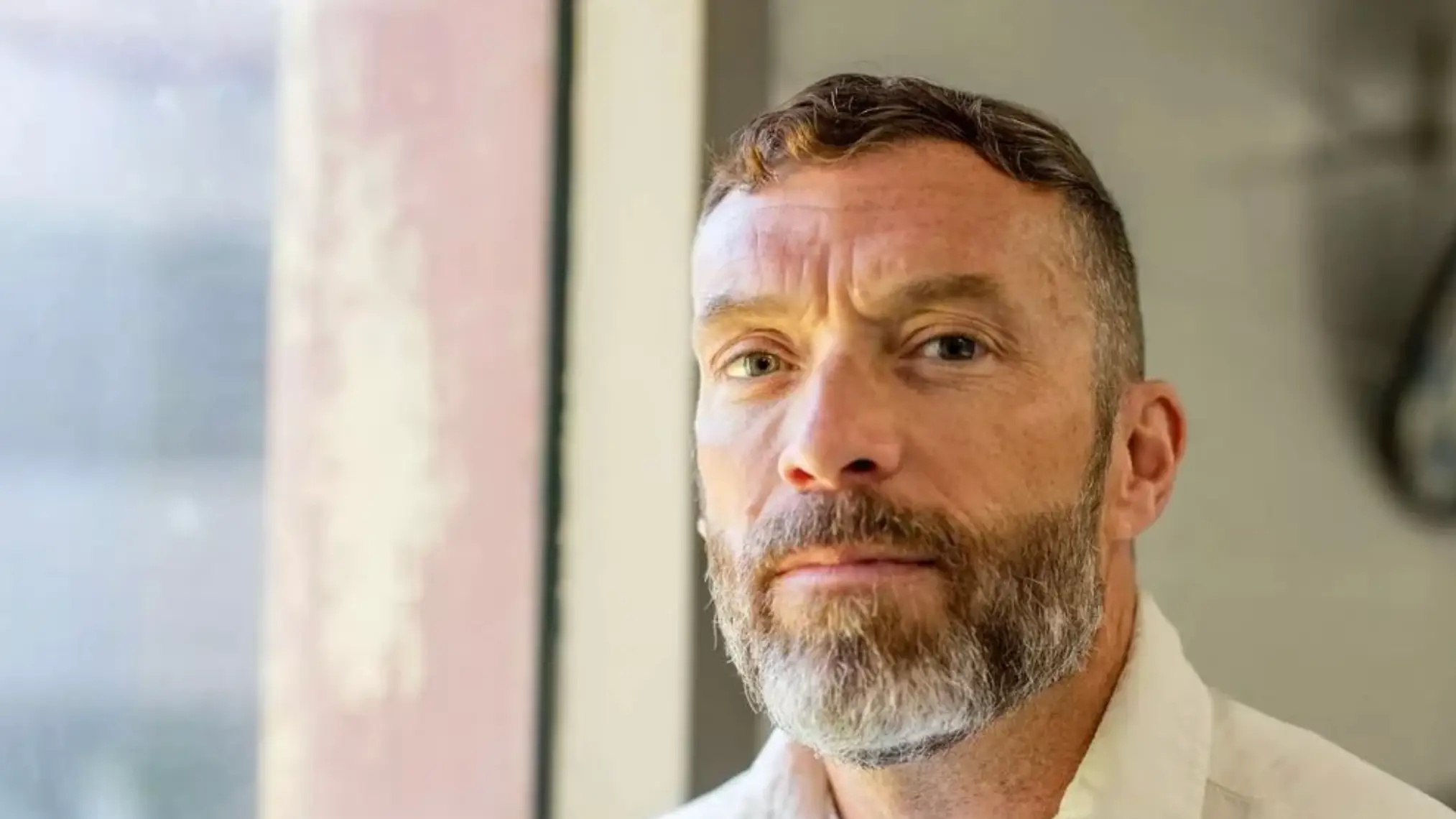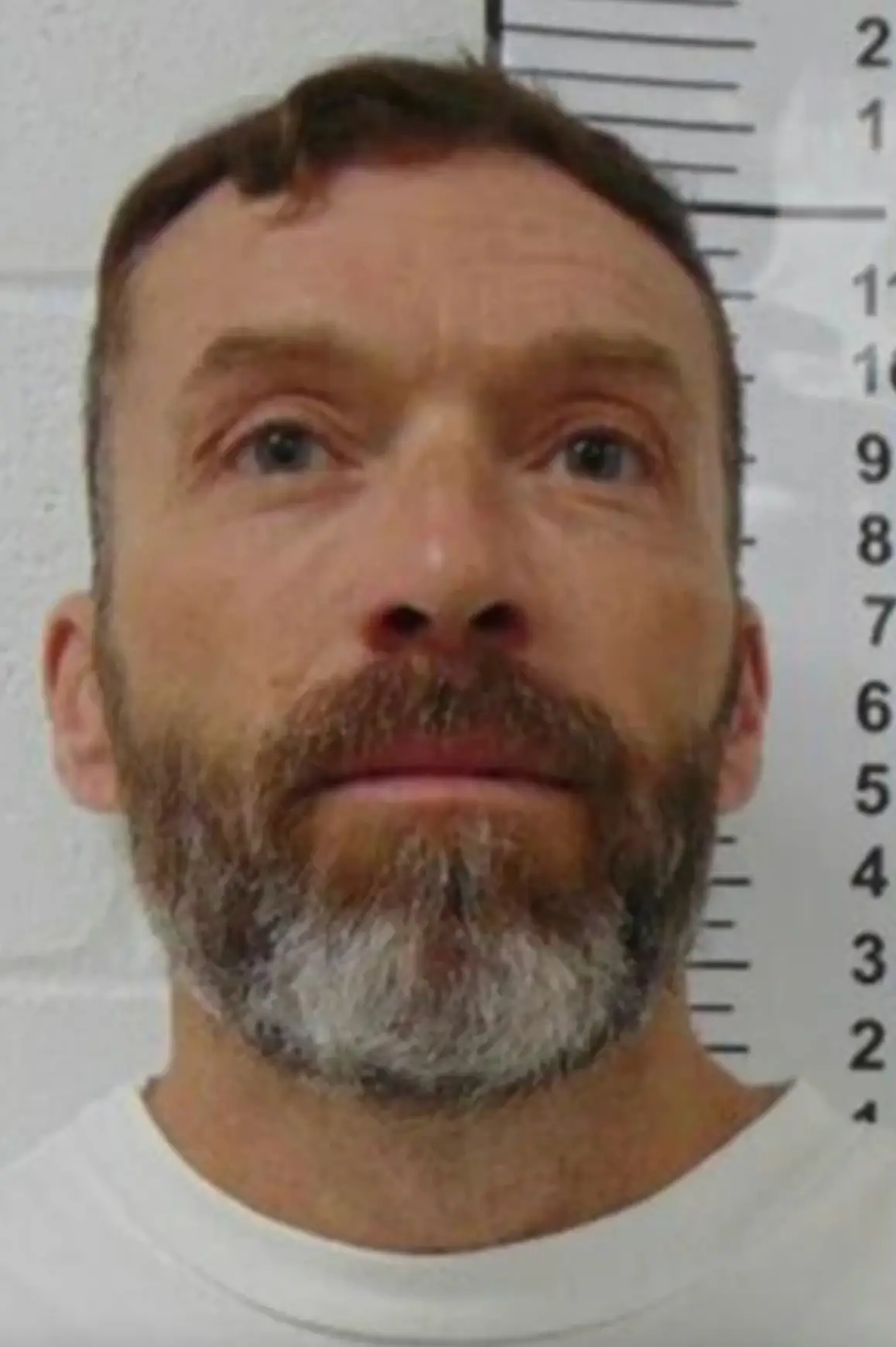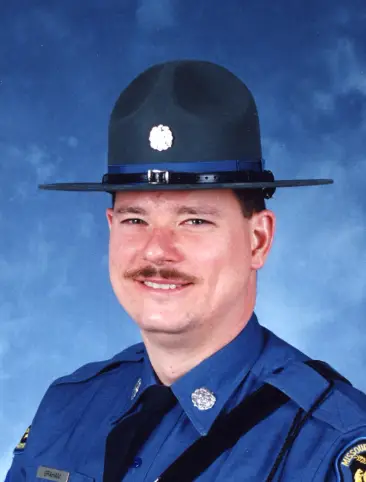
A man who maintained his innocence after being convicted of killing a state trooper has been executed.
Back in March 2005, Missouri State Highway Patrol Sgt. Carl Dewayne Graham Jr. was shot and killed in front of his home in Van Buren after exiting his vehicle.
Lance Shockley, now 48, was charged with the crime and subsequently sentenced to the death penalty, which was carried out via lethal injection on Tuesday (14 October).
It was said that he waited for hours near the state trooper's home before carrying out the assassination.
Advert
Shockley's final moments in the death chamber were noted as the American convict left an eerie message behind, after speaking with a number of loved ones in the witness room on his left.
He would be pronounced dead at 6.13pm following a lethal injection at Bonne Terre state prison in Missouri.
Among those who visited the death row inmate were a friend and his daughters, all on the morning of his execution, say prison officials via NBC.

While many in the past have been treated to lavish last meals, Shockley's final meal consisted of some common items from the prison canteen - peanut butter, three packs of oatmeal, water, and two sports drinks.
The father long maintained his innocence, even after the guilty ruling, with Shockley begging for clemency and even issued a plea hours before his execution.
This would be rejected by the US Supreme Court, as GOP Gov. Mike Kehoe said in a statement: "Violence against those who risk their lives every day to protect our communities will never be tolerated. Missouri stands firmly with our men and women in uniform."
But in Shockley's final statement, he cryptically wrote: "So also you have sorrow now, but I will see you again, and your hearts will rejoice, and no one will take your joy from you."
The death row inmate's lawyers tried to push for DNA testing of evidence found at the scene of the killing, as much of that evidence hadn't been tested and could help to exonerate Shockley.

They also fought for Shockley's First Amendment rights as they argued they were being violated, as the Missouri Department of Corrections prohibited his daughter from being his spiritual advisor during his execution, despite the Supreme Court ruling that states must allow for spiritual advisors during the execution.
In response, state officials said that state prison policy prohibits family members from having direct contact with inmates during execution due to security concerns that they could affect the process.
According to authorities, Shockley shot Graham as he was being investigated for involuntary manslaughter when he left the scene of a deadly accident, after which Shockley's best friend was killed.
One of Shockley's attorneys, Jeremy Weis, claimed there was no direct connection between his client and the killing, calling the state's case 'circumstantial'.
"The murder weapons were never found. There were disagreements between the ballistics experts hired by the prosecution," he claimed, adding that witnesses said he was 14 miles from Graham's home when it was claimed he was waiting.